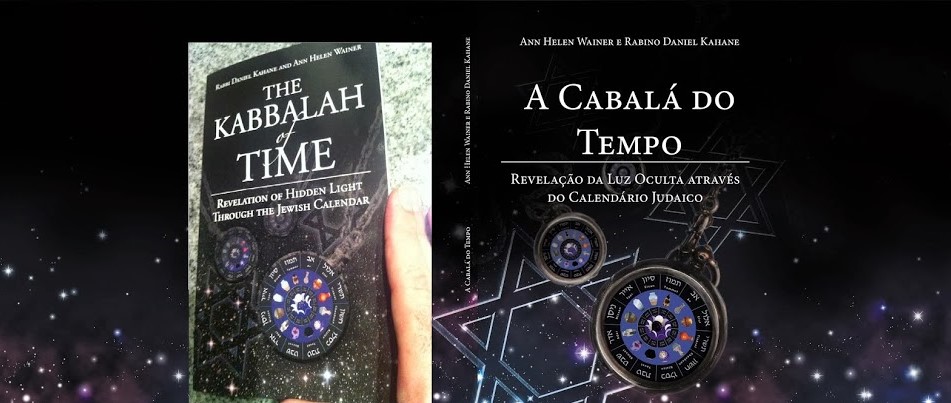SONG OF THE SEA: Who is like You
among the powerful, O Lord? Who is like You, exalted in the holy
place?
HAFTARAH: that offered
themselves willingly among the people, (saying,) 'Bless the Lord.' 10. The
riders of white donkeys,
TALMUD SOTAH: Daf 12 - Miriam
and Moshe
GENERATIONS FROM ADAM TO THE LAST
KING OF JUDAH: Arpachshad
JOURNEYS IN THE DESERT: They
journeyed from Rephidim and camped in the Sinai desert.
On Week 12, week of Yud Tes Kislev,
the verses of the Song of the Sea include the rhetorical question: “Mi Chamocha
Ba’Elim Hashem,” Who is like You among the powerful, O Lord? This phrase
is the acronym for the name of the Maccabees. The repetition of the question,
“Who is like You?” is also reminiscent of the “two lights” the Alter Rebbe
brought to the world, in Halakha (nigleh) and Chassidus (nistar). The verse
first talks about Hashem’s revealed greatness (Elim means forces of
nature), the second about His hidden one.
The Haftorah’s verses speaks of
self-sacrifice for G-d’s sake. It also speaks of “riders of white donkeys.”
This appears to be a reference to Mashiach, who will arrive on a (white)
donkey. The Alter Rebbe’s work, the Tanya, is connected to Yud Tes Kislev.
R. Zusya of Anipoli is said to have predicted: “With the Tanya the Jewish
people will go out to greet the righteous Mashiach.”
Daf Yud Beit (Folio 12) of Sotah is
primarily about Miriam and Moshe. The Talmud relates that Moshe’s name was also
Tuviah, because of the great light that was revealed about him when he was
born. This is related to the Alter Rebbe, who was named Shneur because
of the two lights he brought to this world. The discussion of Miriam is also
pertinent. The Talmud speaks of how Miriam spoke to her father, and how by
doing so she convinced him, and consequently all the Jewish people, not to
divorce their wives. The Alter Rebbe’s daughter, Devorah Leah, had a similar
discussion with the Alter Rebbe about giving up her life in order to add years
to her father’s, so that the work of spreading the light of Chassidus could
continue.
This week's link in the chain from
Adam to the last king of Judah is Arpachshad, the son of Shem. His name in
Hebrew can be divided into three words: “ohr” (light), “pach” (vial),
“shad” (related to “Sh-dai,” one of G-d’s names, which stands for Shomer
Daltot Yisrael,” Guardian of the doors of Israel. This is also the of G-d name
placed on each Mezuzah). All three words are all clearly connected to Chanukah. Chanukah is
the festival of light. We light the Menorah in honor of the small
vial (pach) of pure olive oil that lasted eight days instead of one.
According to Jewish law, the Menorah should be lit next to the Mezuzah.
The Mezuzah is a symbol of dedication, like the name of Chanukah.
In fact, when the Mezuzah is first placed, it is common to ceremony
known as Chanukath HaBayit, an inauguration/dedication of the home.
The Midrash states that the
name Sh-dai stands for, “The One who told the world ‘dai ‘(enough).”
(Chagigah 12a and Midrash Breishit Rabbah 5:8) The name reflects
the fact that when Hashem created the world, set limits and
boundaries, while He Himself is limitless and inifinite. This is very much the
message of Chanukah as well, which we say how G-d can make miracles
that are above nature.
In the twelfth week, the Jews journey
from Rephidim and camp in the Sinai desert, where they gather around in unison
in order to receive the Torah. The journey of this week is understanding that
the weakness that comes from the lack of water comes about only in order that
we gain even greater levels of Torah knowledge, such as on Yud Tes Kislev is
when we receive the Toras HaChassidus, and Chanukah.
Another important lesson in prayer
and Divine service that we learn from Arpachshad is his association with Ur
Chasdim.[1] This is where Abraham was thrown into a
fiery furnace for his defiance of Nimrod and belief in One G-d.
Abraham’s great self-sacrifice and willingness to be thrown into the fire
brings to mind the self-sacrifice of the Alter Rebbe, the Maccabees, and the
Jews of the times of Chanukah. It also brings to mind the meditation
technique of the great rebbe, Rabbi Elimelech of Lizhenk:
Every moment that you are not learning Torah, especially when
you are idle and you are alone in your room or lying in bed and unable to
sleep, your thoughts should focus on the positive commandment: “V'Nikdashti besoch
bnei Yisrael" –I will be sanctified among the Jewish people” (Vayikra 22:32).
You should think in your heart and conjure up in your mind there there is a
great and awesome fire burning in front of you reaching up to the heavens, and
for the sake of the holiness and sanctity of Hashem you are going against your
nature and throwing yourself into the flames in sanctification of His Name.
“And HaKadosh Baruch Hu joins good intentions with great deeds” (Kiddushin 40a).
By doing this, you are no longer sitting idle but rather you are fulfilling a
positive Torah commandment.[2]
[2] MiPeninei Noam Elimelech,
Tzeitzel Katan, translated by Tal Moshe Zwecker
